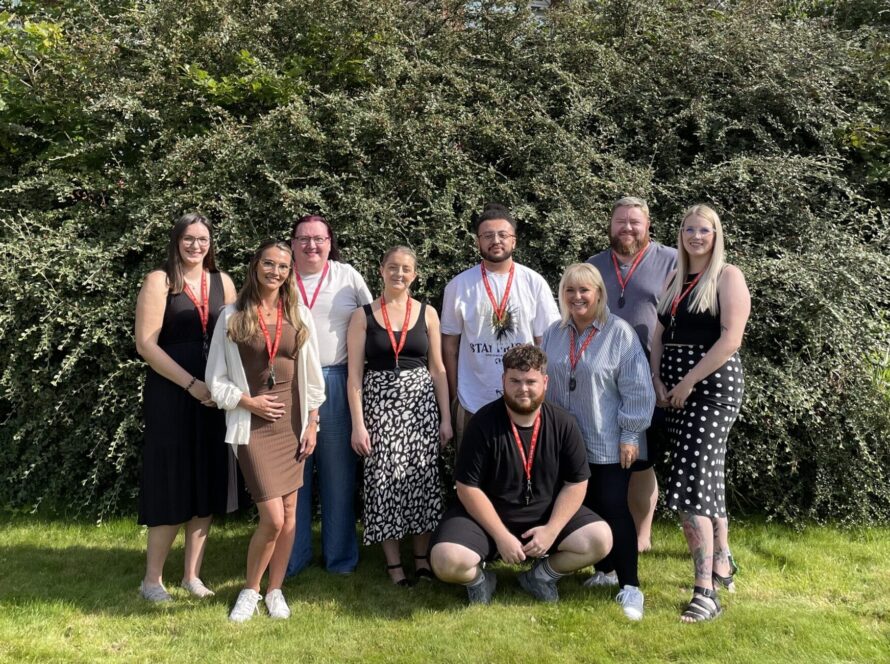It’s no secret that planning is the key to success when it comes to operating your business, and tax planning is no different.
It’s easy to fall into a cycle of perceiving tax as a matter of simply satisfying your obligations each time the deadlines come round. With some effective planning, however, you may be able to make significant savings that benefit your business – and your pocket – in the long run.
Tailored to the unique needs of your business, our Tax Planning services are designed to help you navigate tax compliance efficiently, so that you can focus on delivering high-quality eye care services whilst growing your business.
What is Tax Planning?
Tax planning involves a thorough analysis of your business’s financial situation or strategy to ensure that all aspects of your operations come together to minimise your tax liabilities. The goal is to optimise your tax position, ultimately resulting in a reduced tax bill.
As part of our comprehensive tax planning service, we work with you to explore the following options that could decrease the tax liability of your optometry practice:
These are just three examples of how we can work alongside you to achieve significant savings on your tax bill. To find out more about these and other strategies included in our Tax Planning services, please don’t hesitate to get in touch with a member of the team on
01942 816512 or via email:
Chris Barlow, Tax Manager: [email protected]
This blog contains public sector information licensed under the Open Government Licence v1.0.

